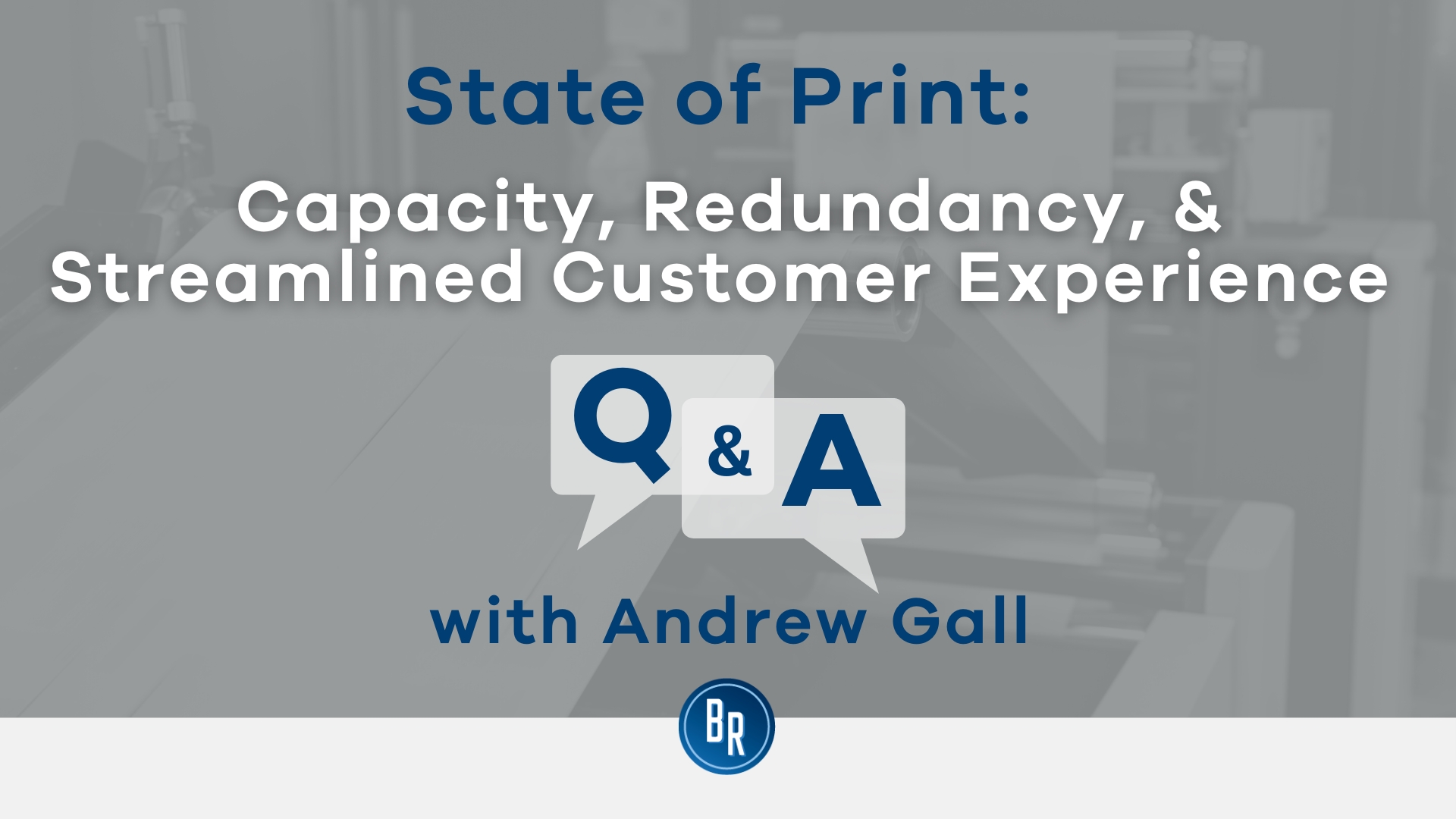Unboxing the Approaches for Mitigating Company Redundancy and Enhancing Organizational Strength
Mitigating business redundancy and enhancing organizational strength have ended up being focal points for leaders making every effort to adjust and prosper in an ever-evolving market. As we check out the multifaceted strategies utilized by forward-thinking organizations, a much deeper insight arises into the proactive actions crucial for cultivating agility and fortitude in the face of adjustment.
Assessing Current Organizational Redundancies
To efficiently analyze present organizational redundancies within a company, a detailed testimonial of the existing responsibilities, duties, and processes is necessary. if a company goes bust who pays redundancy. By performing an extensive examination of the various functions and jobs accomplished within the organization, administration can recognize areas where replication of initiatives or inefficiencies exist. This analysis must not just concentrate on private task roles however additionally consider just how different departments work together and communicate
One strategy to evaluating redundancies is to examine task descriptions and tasks to determine any overlaps or voids in obligations. In addition, assessing the workflow and communication channels can disclose traffic jams or unnecessary steps in processes. It is important to include employees at all levels during this assessment to gain understandings from those straight involved in day-to-day operations.

Executing Agile Workforce Approaches
Adhering to a comprehensive evaluation of present organizational redundancies, the application of agile workforce techniques ends up being necessary for enhancing functional effectiveness and versatility. One essential element of implementing agile workforce approaches is cultivating a culture of constant discovering and advancement.
An additional vital aspect of active workforce methods is advertising transparent interaction and empowering workers to make choices autonomously within their functions. Generally, implementing agile workforce approaches can aid companies stay competitive in today's rapidly progressing business landscape.
Leveraging Technology for Effectiveness
Leveraging innovative technological services can substantially enhance operational effectiveness within companies seeking to streamline procedures and maximize source utilization. By incorporating automation devices, expert system, and information analytics, firms can streamline workflows, minimize hands-on mistakes, and make data-driven choices immediately. Automation can handle recurring tasks, enabling staff members to concentrate on even more strategic initiatives, consequently boosting productivity and development.
Additionally, the application of cloud computing services enables seamless cooperation among team members, no matter their physical place. This cultivates interaction, boosts task monitoring, and boosts total effectiveness. In addition, utilizing client connection administration (CRM) software can aid organizations much better comprehend their clients' demands, individualize interactions, and inevitably raise consumer satisfaction and loyalty.

Encouraging Constant Knowing and Advancement
Executing a culture of continual knowing and advancement is essential for promoting growth and adaptability within a dynamic organizational setting. Urging workers to participate in ongoing knowing possibilities not just enhances their private abilities yet also contributes to the overall durability of the business. By focusing on constant understanding, organizations can stay abreast of sector trends, adapt to technological innovations, and continue to be affordable on the market.
To efficiently urge continual learning and development, firms can develop Learn More understanding and growth programs, provide opportunities for upskilling and reskilling, offer access to on the internet training courses and sources, and develop a supportive learning environment. Managers play a vital role in promoting a society of learning by leading by instance, supplying comments and training, and identifying and compensating employees' understanding success.
Structure a Durable Business Society
Developing a resilient company society is vital for organizations looking for to navigate challenges and thrive in an ever-evolving business landscape. A resistant business culture is defined by adaptability, openness, open interaction, and a strong feeling of function. To construct such a culture, leaders must focus on promoting trust among staff members, motivating partnership, and advertising a development attitude. Clear communication about organizational adjustments, difficulties, and successes is crucial in developing a culture where staff members feel notified and valued. Furthermore, offering possibilities for expert growth, acknowledging and compensating staff members' contributions, and advertising work-life balance are essential aspects of a durable company culture.
Leaders play a substantial role fit the society of a company. By leading by instance, demonstrating strength in the face of hardship, and proactively supporting their teams, leaders can instill these values throughout the company. A resistant corporate society not just helps companies endure challenges yet also fosters development, improves a knockout post staff member involvement, and eventually adds to long-lasting business success.
Verdict
Finally, the techniques for reducing company redundancy and boosting business strength are vital for preserving competitiveness in today's dynamic service atmosphere. By evaluating current redundancies, applying active labor force approaches, leveraging technology, encouraging continual understanding and development, and constructing a resistant business culture, companies can adjust to alter, improve performance, and foster development. These proactive procedures will aid business browse difficulties, lessen interruptions, and guarantee lasting success in the ever-evolving market.
Following a detailed assessment of present business redundancies, the implementation of dexterous workforce methods comes to be necessary for optimizing functional effectiveness and flexibility - if a company goes bust who pays redundancy. Overall, carrying out agile workforce approaches can assist firms remain competitive in today's quickly advancing company landscape
A resistant company society not just aids companies stand up to obstacles however additionally fosters advancement, boosts worker involvement, and ultimately adds to long-lasting business success.

Comments on “Who Pays Redundancy Money? An In-depth Overview for Companies and Employees”